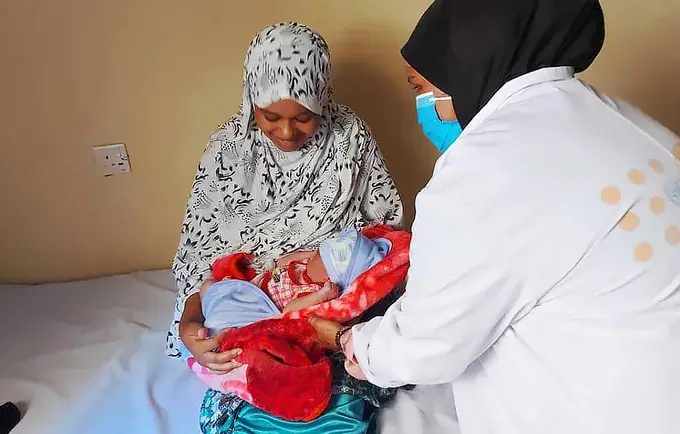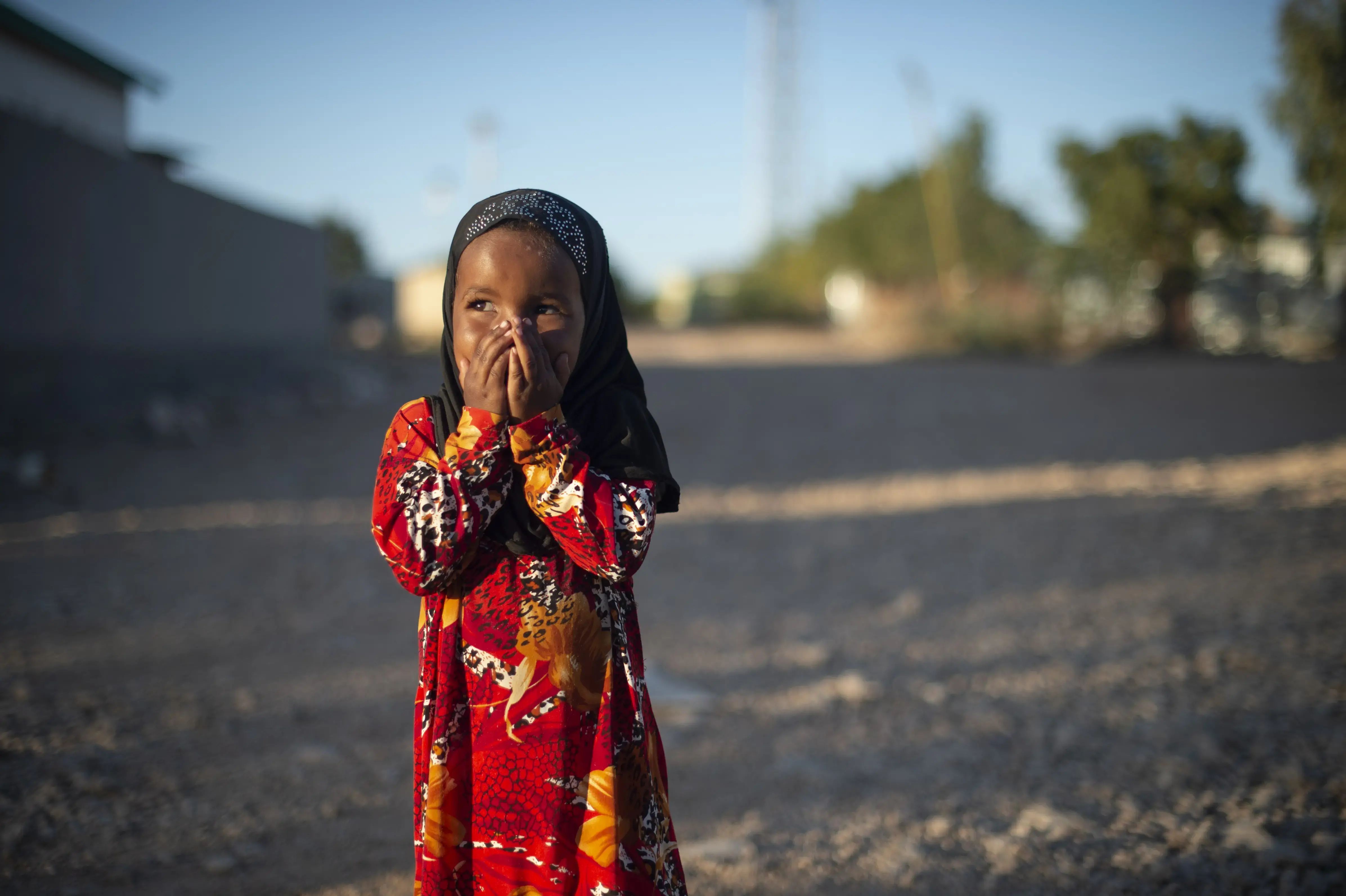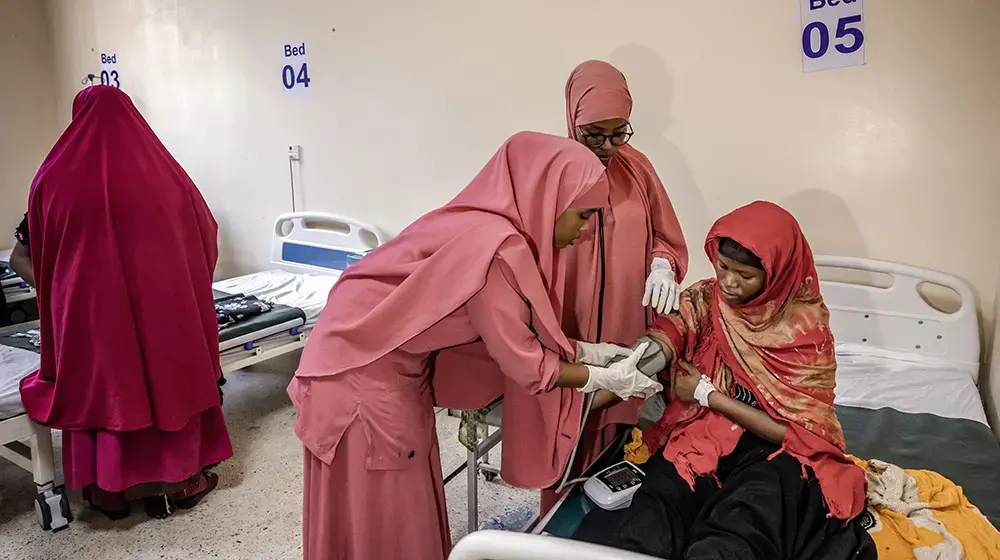Since 1990, and until the millenium development goals (MDGs) were estimated in 2015, the world has seen a 44 per cent decline in the maternal mortality ratio – an enormous achievement. But in spite of these gains, more than 800 women still die every day from causes related to pregnancy or childbirth, around ⅔ of them in humanitarian and fragile contexts. This translates to one woman dying every two minutes mostly from preventable causes. And for every woman who dies, much more survive with serious or long-lasting consequences that are also entirely preventable.
Unacceptably high ratios of maternal mortality do exist, particularly in impoverished communities. Working for the survival of mothers is a human rights imperative, and it is a development priority. The International Conference on Population and Development and the Sustainable Development Goals, call for bringing the global maternal mortality ratio down to 70 deaths per 100,000 live births by 2030.
The best way to achieve this ambitious target is to: ensure all women have access to contraception to avoid unintended pregnancies; provide all pregnant women with skilled and respectful care in a safe environment during delivery; and make sure women with complications have timely access to quality emergency obstetric care in line with the UNFPA transformative results that aims at achieving zero preventable maternal deaths and zero unmet need for family planning.
Making motherhood safer is a human rights imperative, and it is at the core of UNFPA’s mandate. To achieve its first transformative “ending preventable maternal deaths”, UNFPA works around the world with governments, health experts and civil society to train relevant cadres of health workers, improve the availability of essential medicines and reproductive health services, strengthen health systems, and promote international maternal health standards.





